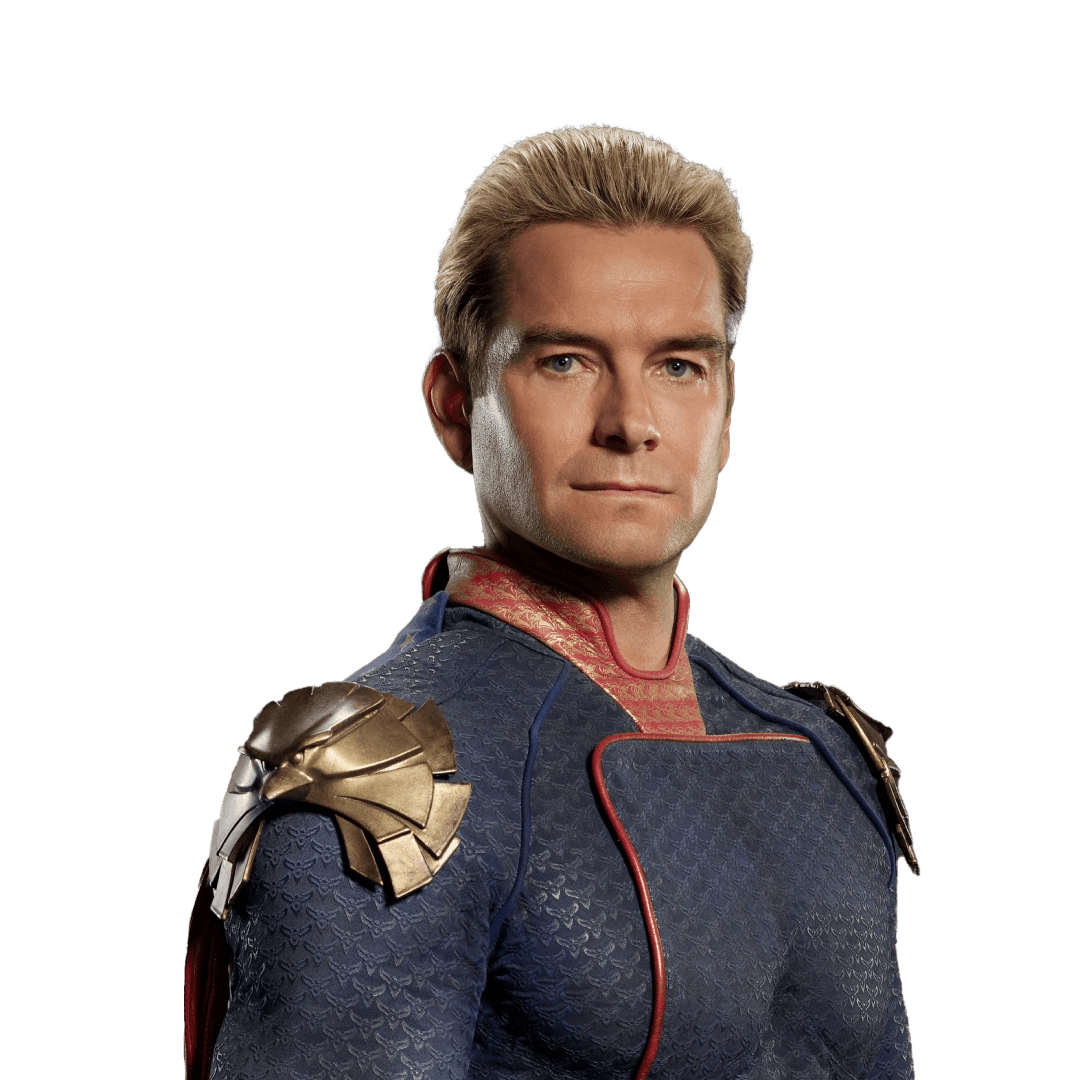The Boys has captured the attention of audiences worldwide with its unconventional take on the superhero genre. Among its most compelling characters is Homelander, a complex figure whose age raises numerous questions. Why does Homelander age like a normal human despite being a superhuman? This question intrigues fans and sparks debates among viewers who delve into the series' intricate narrative.
As we explore the enigma of Homelander's aging, we unravel the layers of his character that contribute to the overarching themes of power, identity, and morality in The Boys. Understanding his aging process not only sheds light on his character development but also provides insight into the show's commentary on society and the implications of unchecked power.
In this article, we will dissect the factors influencing Homelander's aging, examine the implications of his character's evolution, and explore how this aspect of his persona enhances the narrative's depth. Join us as we navigate through the complexities of one of television's most notorious anti-heroes.
What is Homelander's Biography?
Homelander, portrayed by Antony Starr, is one of the primary antagonists in The Boys. Created by writer Garth Ennis and artist Darick Robertson, the character first appeared in the comic book series of the same name before being adapted for television by Amazon Prime Video. Below is an overview of his personal details and biography:
| Detail | Information |
|---|---|
| Name | Homelander |
| Portrayed by | Antony Starr |
| First Appearance | Comic: The Boys #1 (2006) / TV: The Boys (2019) |
| Affiliation | The Seven |
| Abilities | Super strength, flight, laser vision, invulnerability |
| Notable Traits | Charismatic, ruthless, deeply insecure |
How Does Homelander's Aging Differ from Other Characters?
In The Boys, many characters possess extraordinary abilities, yet they show varying signs of aging. Unlike traditional superheroes who often remain ageless or youthful, Homelander exhibits a more human-like aging process. This divergence raises questions about the nature of his powers and their limitations.
Unlike his fellow members of The Seven, who might display little to no aging, Homelander's appearance suggests a gradual aging process. This aspect of his character design adds depth to his persona and contrasts sharply with his superhuman abilities.
What Factors Contribute to Homelander's Aging in The Boys?
The reasons behind Homelander's aging can be attributed to a combination of biological, psychological, and narrative elements:
- Biological Limitations: Despite his superhuman abilities, Homelander's biological makeup may still adhere to natural aging processes.
- Psychological Stress: The immense pressure and emotional turmoil he experiences may accelerate his aging, reflecting the toll of his actions.
- Narrative Choice: The writers may deliberately choose to age him to symbolize his moral decline and the consequences of his unchecked power.
How Does Aging Affect Homelander's Character Development?
As Homelander ages, we witness significant developments in his character. His aging serves as a visual representation of his internal struggles and the consequences of his actions. Rather than being an invincible figure, he becomes more relatable and vulnerable, albeit in a twisted way.
His aging also emphasizes themes of decay and corruption within the superhero archetype. The longer he remains in power, the more morally compromised he becomes, leading to a deeper exploration of what it means to be a hero.
What Does Homelander's Aging Symbolize in the Show?
The aging of Homelander in The Boys transcends mere physical changes; it serves as a powerful symbol within the narrative. It reflects the inevitable consequences of power and the moral decay that can accompany it. As he ages, the facade of invincibility crumbles, revealing the fragility of his character.
Is There a Connection Between Homelander's Powers and His Aging?
While Homelander possesses incredible powers, his aging suggests that these abilities may not be as limitless as they appear. The connection between his powers and aging raises questions about vulnerability and the potential for decline. It challenges the notion of absolute power, indicating that even the strongest beings are subject to the ravages of time.
How Do Fans Interpret Homelander's Aging?
Fans of The Boys have offered various interpretations of Homelander's aging. Some view it as a commentary on the dangers of unchecked power, while others see it as a reflection of the character's internal struggles with identity and self-worth. The ambiguity surrounding his aging invites discussions about morality, heroism, and the human experience.
What Impact Does Homelander's Age Have on the Storyline?
The aging of Homelander significantly impacts the overall storyline of The Boys. As he navigates the challenges of his evolving persona, viewers are left questioning the nature of heroism and the consequences of power. His aging becomes a pivotal element that shapes the narrative's direction, enhancing the tension and drama within the series.
Conclusion: Understanding Homelander's Age in The Boys
In conclusion, the question of why does Homelander age in The Boys opens a rich dialogue about character development, power dynamics, and moral decay. His aging not only serves as a narrative device but also as a reflection of the complexities of human nature. As viewers continue to engage with the series, Homelander's character remains a focal point for exploring the deeper themes embedded within the world of superheroes.




